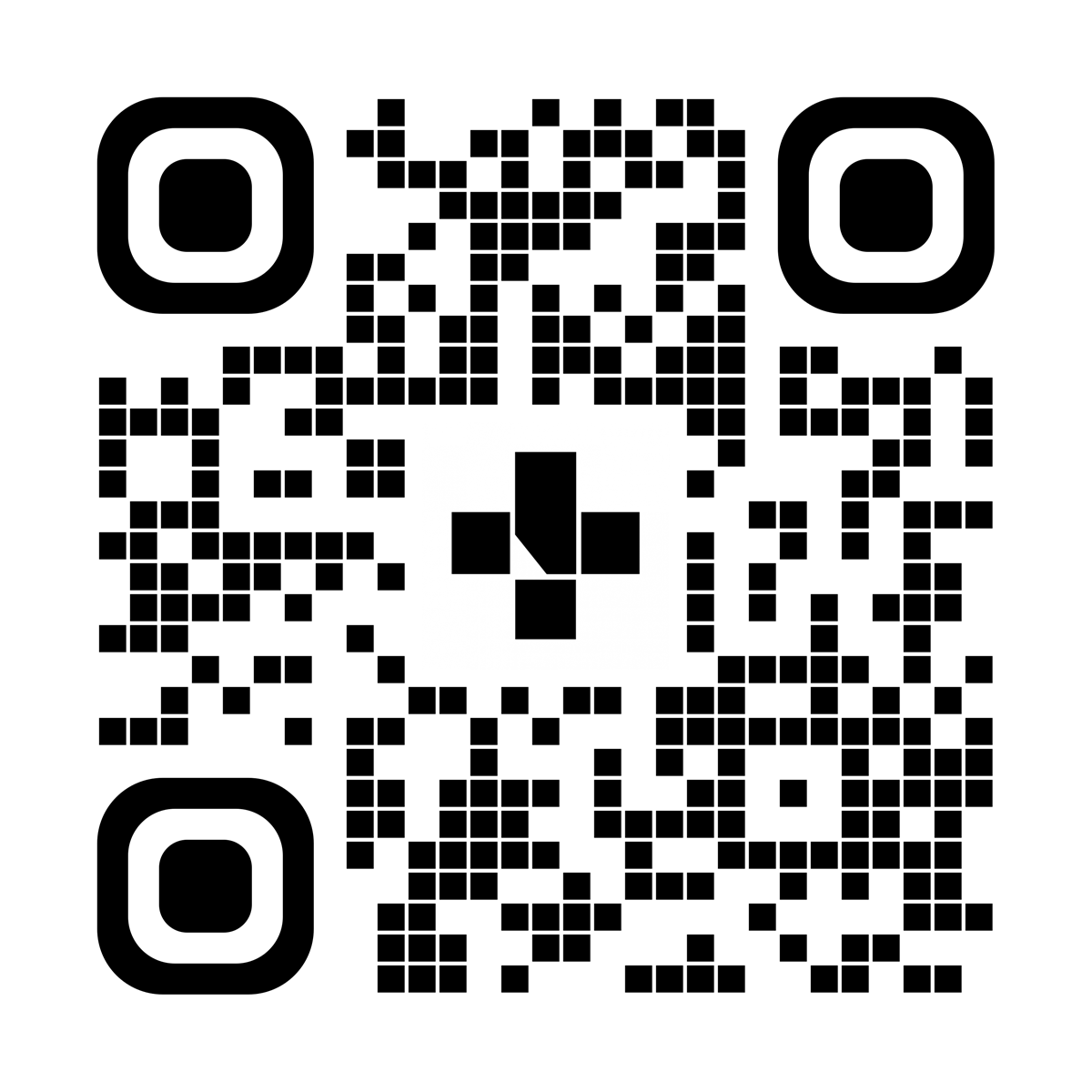Dual Antiplatelet Therapy (DAPT)
Managing your symptoms
Dual antiplatelet therapy (also called DAPT) is a treatment to help stop harmful blood clots from forming. This involves taking 2 types of antiplatelet medicines. One of these medicines is usually ASA (aspirin) and the other is a special type of medicine called a P2Y12 inhibitor.
What are platelets and blood clots?
Platelets are tiny cells in your blood. When you get injured, platelets stick together and help form a blood clot at the injury. This helps to stop bleeding and starts healing. But sometimes blood clots are not good. They can harm your body if they form in certain places.
How are clots harmful for my heart?
There are blood vessels that bring blood to your heart. Over time, plaque (a fatty substance) can build up in these blood vessels. This can cause them to become diseased and narrow. If the plaque breaks or tears open, your body tries to heal itself like a cut. The platelets stick together and form a clot. This can block the inside of the blood vessel so blood can’t get through to your heart, and you could have a heart attack.
What are the types of antiplatelet medicines?
Medicines that make platelets less sticky and less able to form clots are called antiplatelets. Stopping blood clots from forming can lower your risk of a heart attack. There are 2 main types of antiplatelet medicines.
The most well-known antiplatelet medicine is a low-dose ASA (such as aspirin or acetylsalicylic acid). Many people take it for their entire lives if they have disease in their heart blood vessels.
P2Y12 inhibitors are the second type of antiplatelet medicine. These include:
- clopidogrel (Plavix)
- ticagrelor (Brilinta)
- prasugrel (Effient)
Why do I need to take antiplatelet medicines?
These medicines are an important part of treating health problems including:
- heart attack
- stroke
- stent (thin, hollow tube) placed in a heart artery
- coronary artery bypass surgery (CABG)
How long will I need to take these medicines?
How long you need to take these medicines depends on the health problem you have and your bleeding risk. Your doctor will talk to you about the best treatment for you. In general:
- If you’ve had a heart attack, you could be on DAPT for a least 1 month or longer.
- If you’ve had a stroke, you could be on DAPT for 30 days.
- If you have stents to your heart arteries, you could be on DAPT for 1 to 12 months or longer. This depends on what type of stent you have, whether or not you had a heart attack, and your risk of bleeding. Your doctor will also think about the health of your heart arteries.
- If you’ve had CABG surgery, you could be on DAPT for up to 1 year or longer.
What if I stop taking these medicines?
Do not stop taking these medicines unless your doctor tells you so. If you have stents in any of the heart blood arteries, it’s very important to take these medicines exactly the way your doctor prescribed them. If you miss doses or don’t take your medicines, you could get a clot inside the stent. You could have a severe heart attack or even die.
What else do I need to know about DAPT?
- Your pharmacist is your best source of information about medicines. Ask them any questions you have.
- Tell your healthcare team that you’re taking these medicines. Bring all your medicines to all your medical appointments so they note them in your chart. You may need to wait to have certain tests or procedures until you’re no longer on DAPT.
- Do not stop taking these medicines unless your heart doctor is involved in your care plan.
- If you have any questions about these medicines and your treatment, ask your doctor or your healthcare provider.
To see this information online and learn more, visit MyHealth.Alberta.ca/health/pages/conditions.aspx?Hwid=custom.ab_dualantiplatelettherapy_inst.

For 24/7 nurse advice and general health information call Health Link at 811.
Current as of: February 21, 2024
Author: Cardiovascular Health and Stroke, SCN, Alberta Health Services
This material is not a substitute for the advice of a qualified health professional. This material is intended for general information only and is provided on an "as is", "where is" basis. Although reasonable efforts were made to confirm the accuracy of the information, Alberta Health Services does not make any representation or warranty, express, implied or statutory, as to the accuracy, reliability, completeness, applicability or fitness for a particular purpose of such information. Alberta Health Services expressly disclaims all liability for the use of these materials, and for any claims, actions, demands or suits arising from such use.
